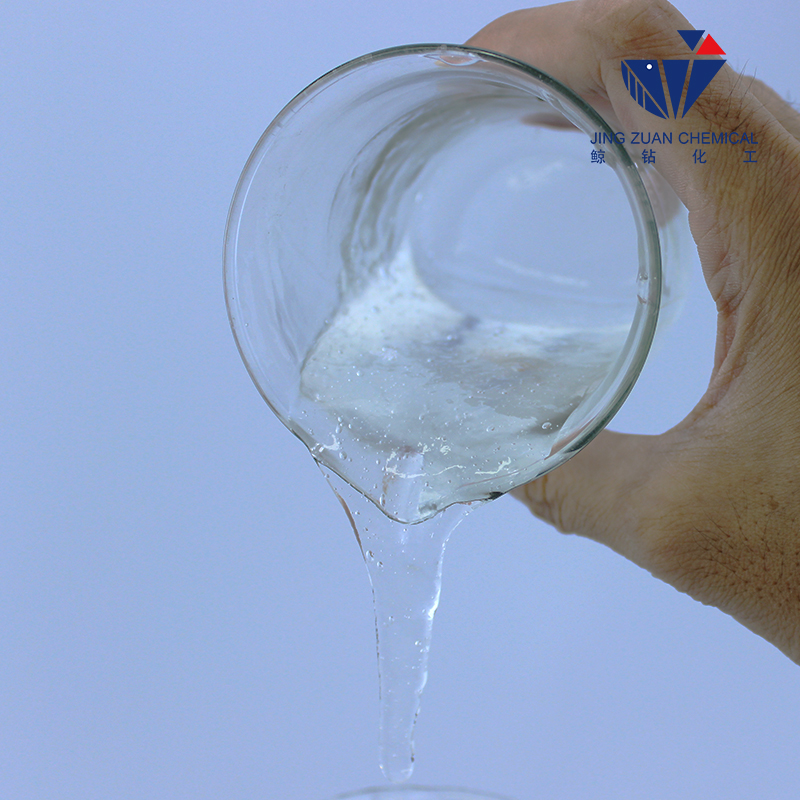
Nov . 22, 2024 03:14 Back to list
hydroxy ethyl cellulose uses
Hydroxyethyl Cellulose Versatile Applications and Benefits
Hydroxyethyl cellulose (HEC) is a non-ionic water-soluble polymer derived from cellulose, a natural polymer found in the cell walls of plants. Its unique properties, such as thickening, binding, and film-forming abilities, make HEC a highly versatile material, widely used across various industries. This article explores the multifaceted applications of hydroxyethyl cellulose, emphasizing its advantages in different fields.
1. Construction Industry
In the construction industry, hydroxyethyl cellulose plays a critical role as a thickening agent and water-retention agent in mortars, adhesives, and tile grouts. Its ability to increase viscosity prevents sedimentation and enhances the workability of these materials. Furthermore, HEC ensures that water does not evaporate too quickly during the curing process, which is vital for achieving optimal performance of the applied materials. The use of HEC in construction contributes to increased strength and durability of final products, making it an essential ingredient in modern construction practices.
2. Personal Care Products
HEC is also widely used in personal care and cosmetic products. Its thickening properties allow manufacturers to create stable emulsions and gels, enhancing the texture and performance of lotions, creams, shampoos, and conditioners. As a film-forming agent, HEC helps provide a smooth application and a long-lasting effect on the skin and hair, making it a popular choice in formulations for serums and styling products. Additionally, HEC is compatible with various surfactants and ingredients, making it a versatile component in cosmetic chemistry.
3. Pharmaceutical Applications
In the pharmaceutical industry, hydroxyethyl cellulose is employed for various purposes, including drug delivery systems. It is commonly used as a binder in tablet formulations, ensuring uniform distribution of active ingredients and improving the tablet's mechanical properties. HEC is also used in controlled release formulations, where it regulates the release of drugs over extended periods. Its biocompatibility and non-toxicity make HEC an ideal candidate for pharmaceutical applications, ensuring safety for patients.
hydroxy ethyl cellulose uses

4. Food Industry
HEC finds applications in the food industry as a thickener and stabilizer. It is used in a variety of food products, including sauces, dressings, and dairy items, to enhance texture and mouthfeel. By improving the viscosity of food items, HEC not only contributes to overall sensory experience but also helps in maintaining uniformity and preventing separation of ingredients. Its use in food processing aligns with the growing demand for natural and clean-label products, as HEC is derived from cellulose, a naturally occurring polymer.
5. Agriculture
In agriculture, hydroxyethyl cellulose is utilized as a soil conditioner and wetting agent. It improves the water-holding capacity of soils, promoting better growth conditions for plants. HEC helps facilitate the uniform distribution of fertilizers and pesticides, enhancing their effectiveness. As the agricultural industry seeks sustainable practices, HEC serves as an environmentally friendly option that supports sustainable growth and improved crop yields.
6. Industrial Applications
Beyond these mainstream sectors, HEC has significant applications in various industrial processes. It is used in coatings, inks, and textile formulations due to its excellent film-forming ability and adhesive properties. HEC can improve the stability and consistency of products, making it a favored choice in many types of industrial applications.
Conclusion
Hydroxyethyl cellulose is an exceptional material that demonstrates remarkable versatility across multiple industries. From enhancing construction materials and personal care products to improving food textures and supporting agricultural practices, HEC’s unique properties make it indispensable in modern formulations. As industries continue to seek innovative and sustainable solutions, hydroxyethyl cellulose will undoubtedly maintain its status as a vital component in product development, driven by its numerous benefits and applications. Whether for commercial use or consumer products, HEC plays a crucial role in enhancing performance, safety, and user experience. With ongoing research and development, the potential applications of hydroxyethyl cellulose may continue to expand, further solidifying its position as a multifunctional agent in various sectors.
-
Versatile Hpmc Uses in Different Industries
NewsJun.19,2025
-
Redispersible Powder's Role in Enhancing Durability of Construction Products
NewsJun.19,2025
-
Hydroxyethyl Cellulose Applications Driving Green Industrial Processes
NewsJun.19,2025
-
Exploring Different Redispersible Polymer Powder
NewsJun.19,2025
-
Choosing the Right Mortar Bonding Agent
NewsJun.19,2025
-
Applications and Significance of China Hpmc in Modern Industries
NewsJun.19,2025







